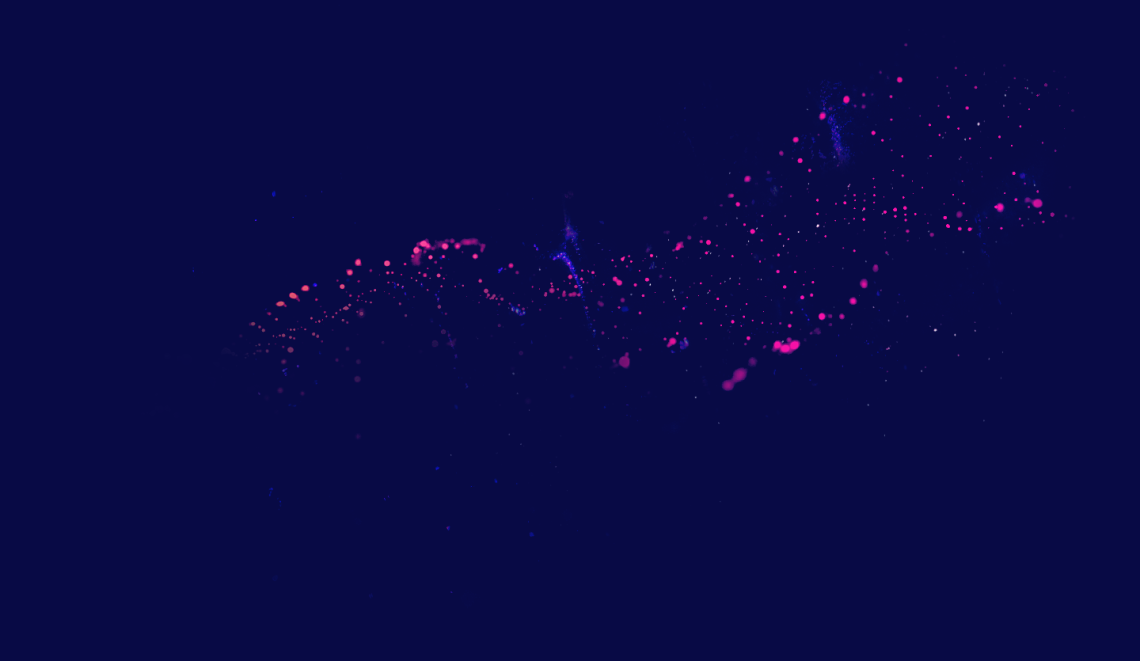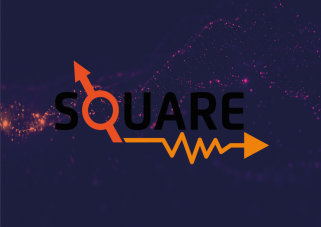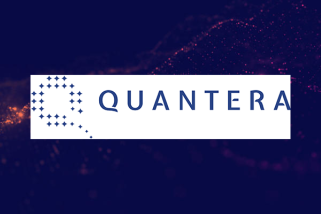
PhD Studentship in Cavity-QED with multi-species ion crystals
University of Sussex, Department of Phys
Apply for this jobWhat you get: Fully-paid tuition fees for three and a half years A tax-free bursary for living costs for three and a half years. From October 2021/22 this is expected to be £15560 per year. A support grant for three and a half years of £1,650 per year for travel and conferences. This award is open to UK students and EU national with UK settled/pre-settled status. Type of award: Postgraduate Research. PhD project: The ICTM-group was established in 2012 at the University of Sussex by Matthias Keller with the intention to investigate and employ the interaction of ions and light and ions with atoms and molecules. This project unites two distinct areas of quantum information processing: single ions stored in radio-frequency traps and single photons in optical fibres. Both fields have seen spectacular advances in recent years. Strings of ions are presently the most successful implementation of quantum computing, with elementary quantum algorithms and quantum simulations realised. Photons, on the other hand are used to distribute entanglement over ever increasing distances. The principal challenge in the field is to enhance quantum processing power by scaling up current devices to larger quantum systems. We are pursuing one of the most promising strategies, distributed quantum computation, in which multiple small-scale ion processors are interlinked by exchanging photonic quantum bits via optical fibres. This requires novel ion trap structures that facilitate high-performance quantum computation and a photonic interconnect for networking. The Ion Trap Cavity-QED and Molecular Physics group in Sussex has a leading role in this field. Eligibility: Applicants must hold, or expect to hold, at least a UK upper second class degree (or non-UK equivalent qualification) in Physics, or a closely-related area, or else a lower second class degree followed by a relevant Master's degree. This award is open to UK students and EU national with UK settled/pre-settled status. Deadline: 17 June 2022 23:45
How to apply
Apply through the University of Sussex on-line system. https://www.sussex.ac.uk/study/phd/apply/log-into-account Select the PhD in Physics, with an entry date of September 2022. In the Finance & Fees section, state that you wish to be considered for studentship no ITCM/2022/01 We advise early application as the position will be filled as soon as a suitable applicant can be found. Due to the high volume of applications received, you may only hear from us if your application is successful.
University of Sussex, Department of Phys
Pevensey 2 Building
BN1 9RH Falmer, East Sussex, United Kingdom

Want to share your own job opportunity?



